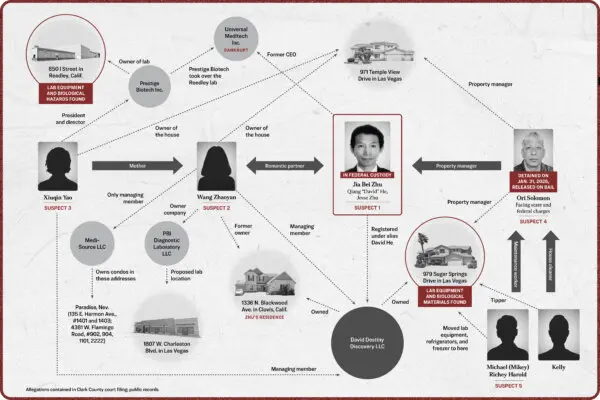News Analysis
When President-elect Donald Trump announced his plan to hike tariffs for China, as well as U.S. trade partners Canada and Mexico, he put the spotlight back on the Chinese communist regime for its role in the illicit fentanyl crisis in the United States.










